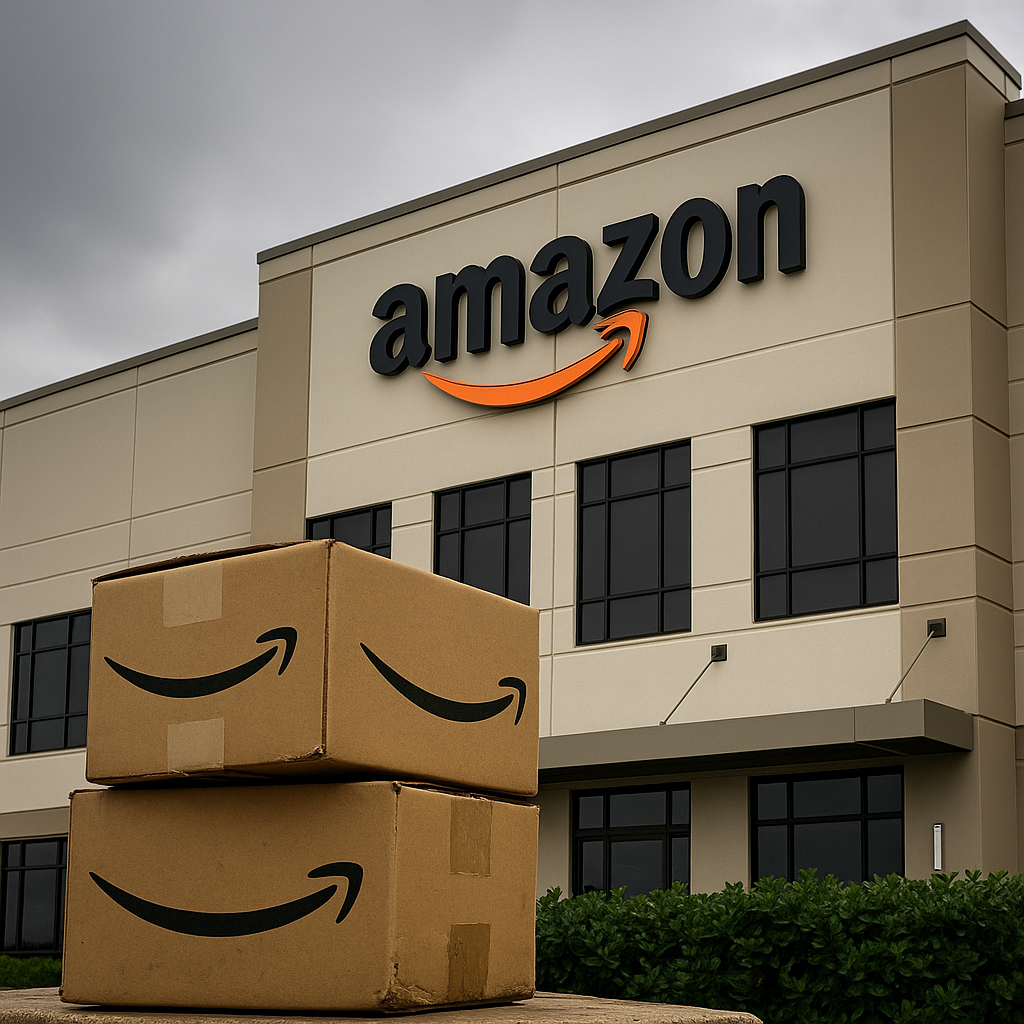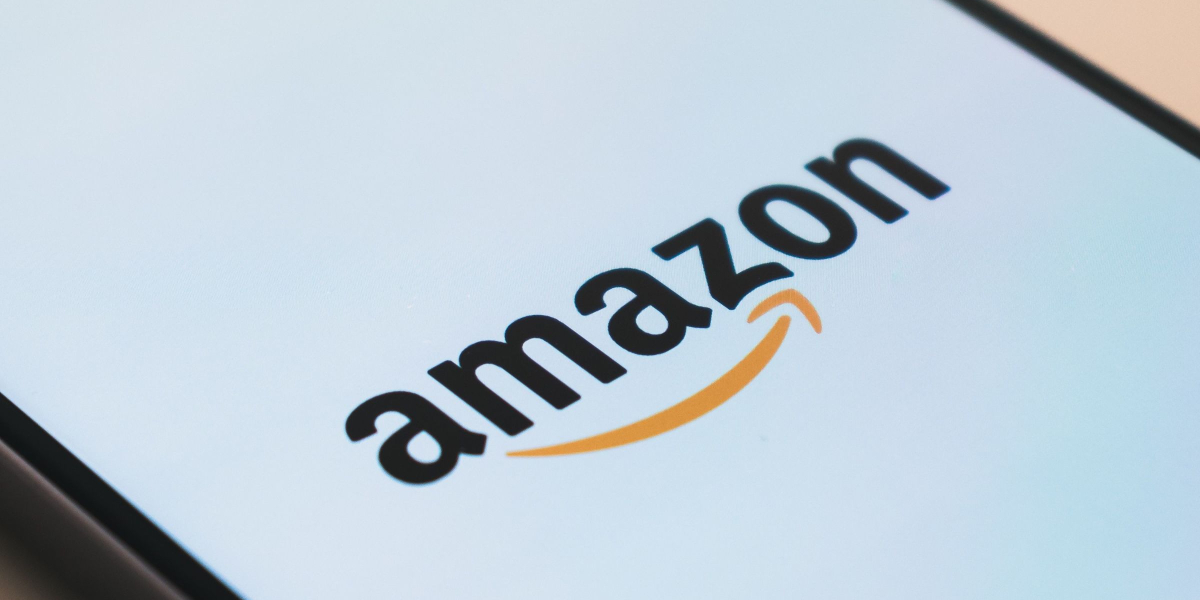Amazon Sued for Allegedly Allowing Fake Products That Harmed Consumers
Amazon is once again under legal fire — this time over claims that it allowed counterfeit and dangerous products to be sold on its platform, resulting in serious harm to consumers. A group of plaintiffs across multiple states has filed a lawsuit accusing the retail giant of negligence, deceptive practices, and failure to protect the public from third-party sellers who list fake, unsafe, or untested goods.
What happens when trust in a platform replaces due diligence? The lawsuit argues that Amazon’s dominance in the e-commerce world has led consumers to assume safety and quality — even when the products they’re buying come from unverified sellers overseas. Plaintiffs describe injuries, allergic reactions, and property damage caused by products that bore fake brand labels, misleading claims, or counterfeit certifications.
Amazon’s business model is central to the case. While it operates as a marketplace, the plaintiffs say Amazon exerts control over listings, fulfillment, and even packaging. That control, they argue, comes with responsibility. The lawsuit claims Amazon profited from every sale while turning a blind eye to the risks — especially when repeat complaints surfaced about specific sellers or product types.
Can Amazon be held liable for what others sell on its platform? That legal question has been debated for years. Traditionally, courts treated Amazon like a digital mall — hosting vendors, but not accountable for what they sell. But in recent rulings, some judges have signaled that Amazon’s deep integration with logistics and advertising may blur that line. When the company handles payment, warehousing, shipping, and returns, is it still just a middleman?
Amazon has responded by pointing to its investment in safety systems and counterfeit detection. The company says it removes millions of listings every year and works closely with brands to stop fraudulent activity. But critics argue those efforts aren’t enough. They say reactive enforcement leaves consumers exposed — especially when dangerous products are allowed to stay online even after warnings.
The lawsuit goes further, claiming that Amazon’s algorithm actively promotes questionable products by prioritizing lower price and volume over verified safety. That, they argue, creates a system where cheap, unsafe goods are rewarded — and the consumer pays the price.
Should online marketplaces be treated like retailers when harm occurs? This case could set a major precedent. If Amazon is held responsible, other platforms — from Etsy to eBay — may be forced to overhaul how they vet sellers and monitor product claims. That could reshape the digital marketplace in favor of consumer safety, but also raise operational costs.
Who stands to gain if the plaintiffs win? Anyone who’s ever bought a product online and assumed it was real, safe, and reviewed honestly. This case is about trust — the invisible agreement between buyer and platform. When that trust is broken, the question becomes: who pays?
The answer may soon be decided in court. And it could change how the internet’s biggest store does business.



